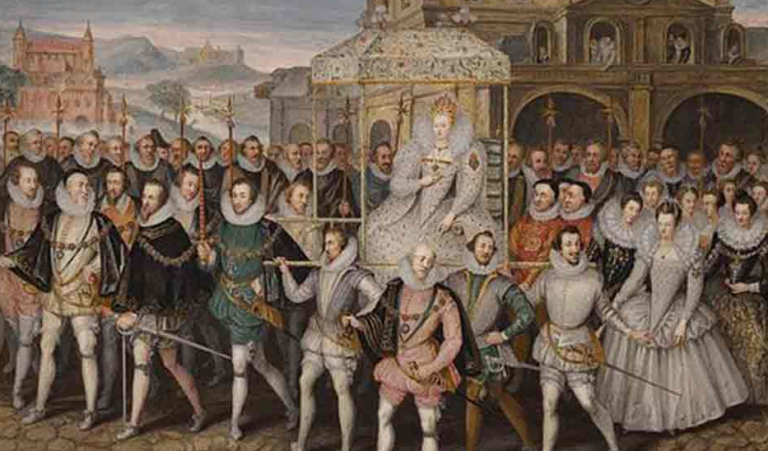In the late 16th century, during Queen Elizabeth I’s reign, England rose as a global powerhouse. The era birthed a peculiar aristocratic code of conduct, diverging sharply from modern sensibilities. Elizabethan manners, encompassing social nuances, fashion, and even dance skills, dictated one’s place in society. Praise for decorum was esteemed, while breaches carried severe consequences, including social ostracization and economic repercussions.
Even the humblest children received early indoctrination in etiquette, underscoring its societal importance. Table manners, particularly, assumed paramount significance, evident in abundant literature dedicated to their mastery.
Social interactions, especially between genders, were meticulously regulated. Women faced a lack of guidance in public interactions with men, highlighting the era’s patriarchal norms. Hand-kissing and hat etiquette were prevalent displays of deference, while encounters with royalty demanded elaborate obeisance rituals to ensure safety and respect.
Ukraine will join NATO, says Antony Blinken
Fashion served as a visible marker of status and taste, with strict regulations governing attire at public events. Intricate rules governed interactions to prevent misunderstandings and maintain decorum.
Despite its rigidity, Elizabethan etiquette relaxed among equals, cautioning against excessive displays of reverence. The era’s social dynamics reveal a fascinating interplay of power, tradition, and societal expectations, offering insights into a bygone era’s intricate social fabric.
Source: Ancient Origins
Ask me anything
Explore related questions





